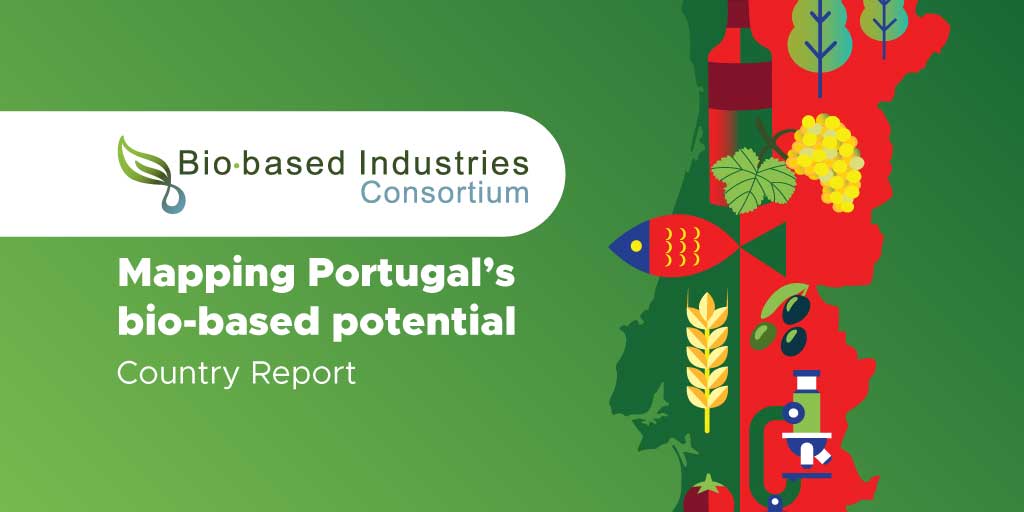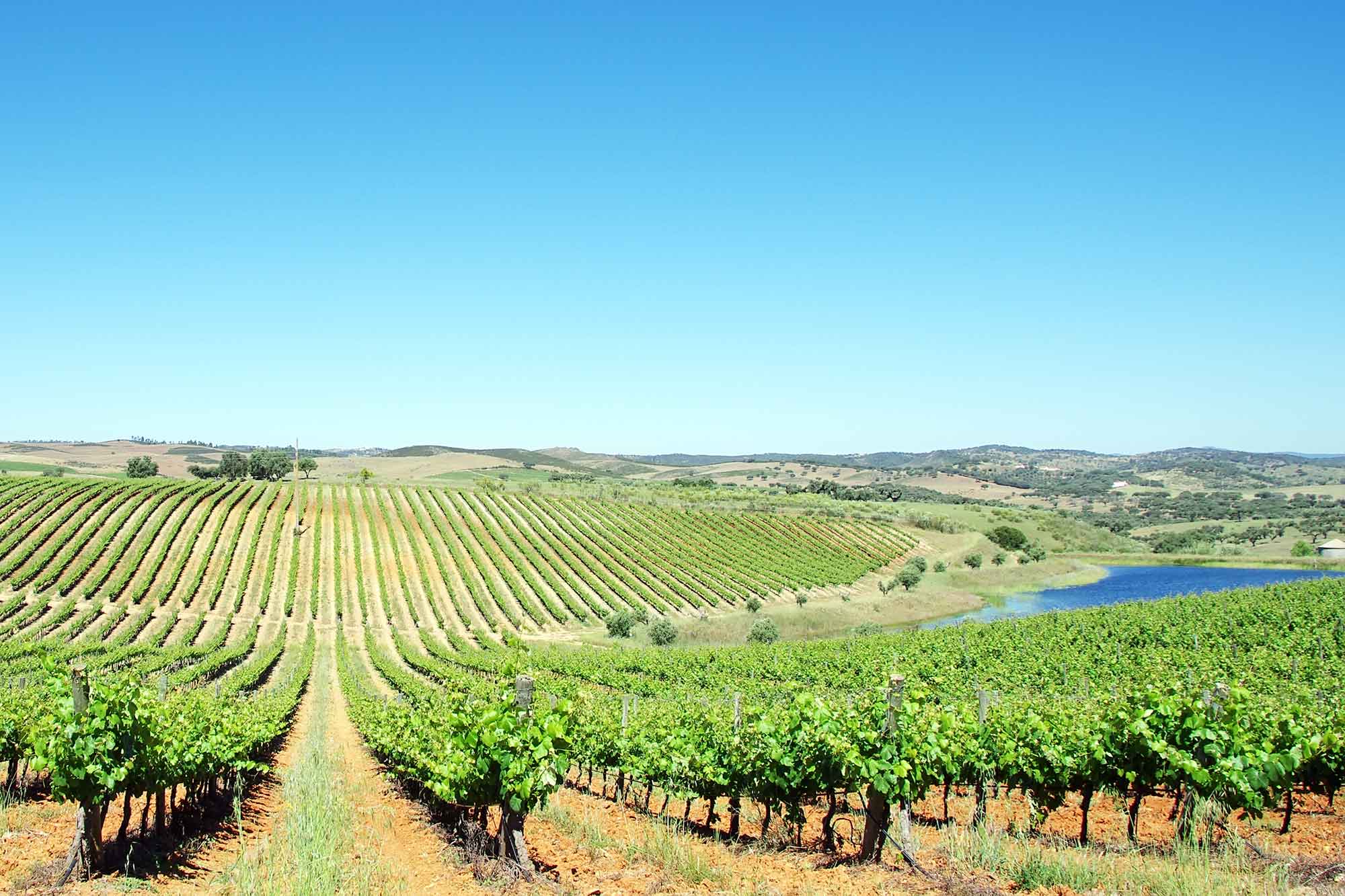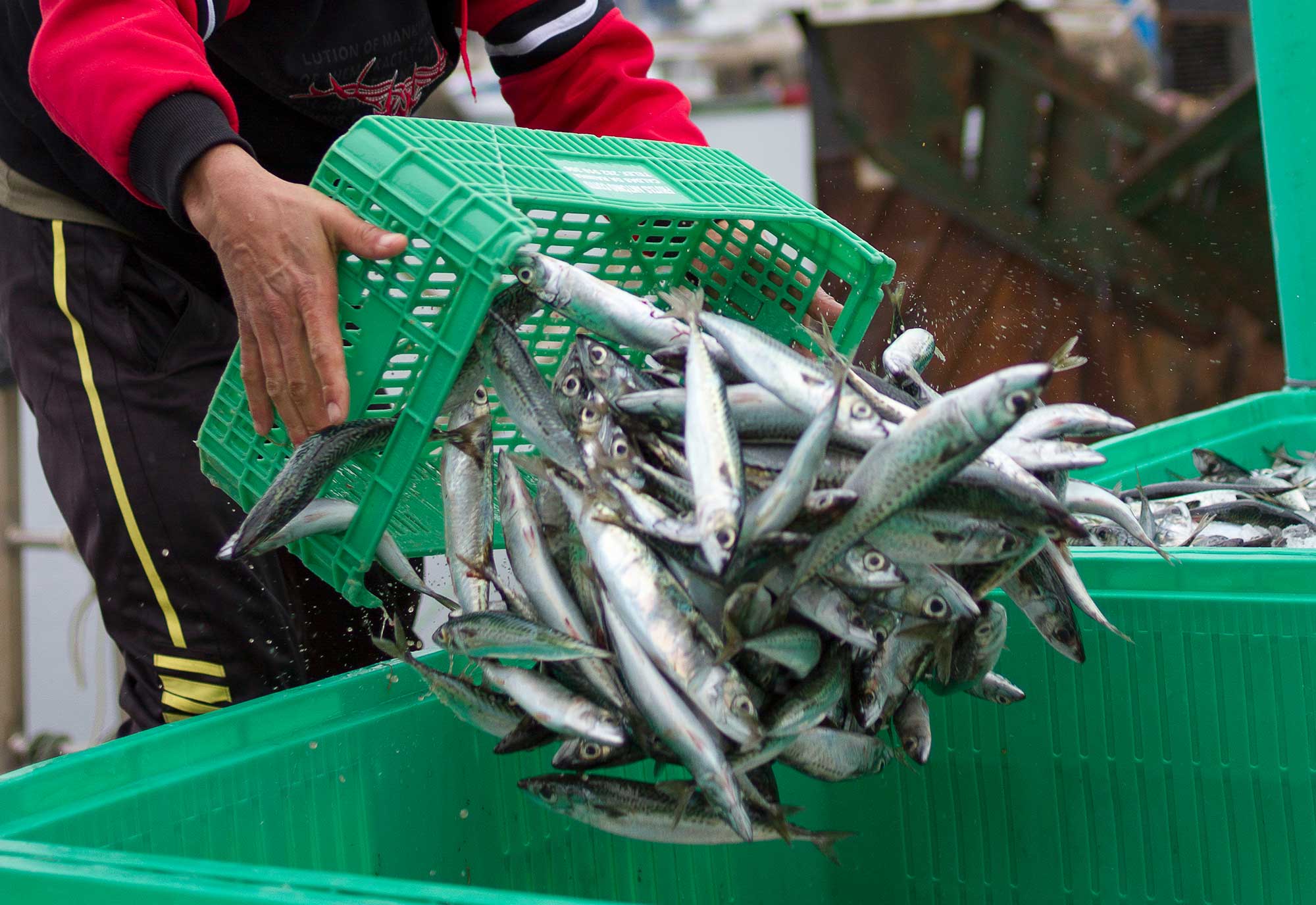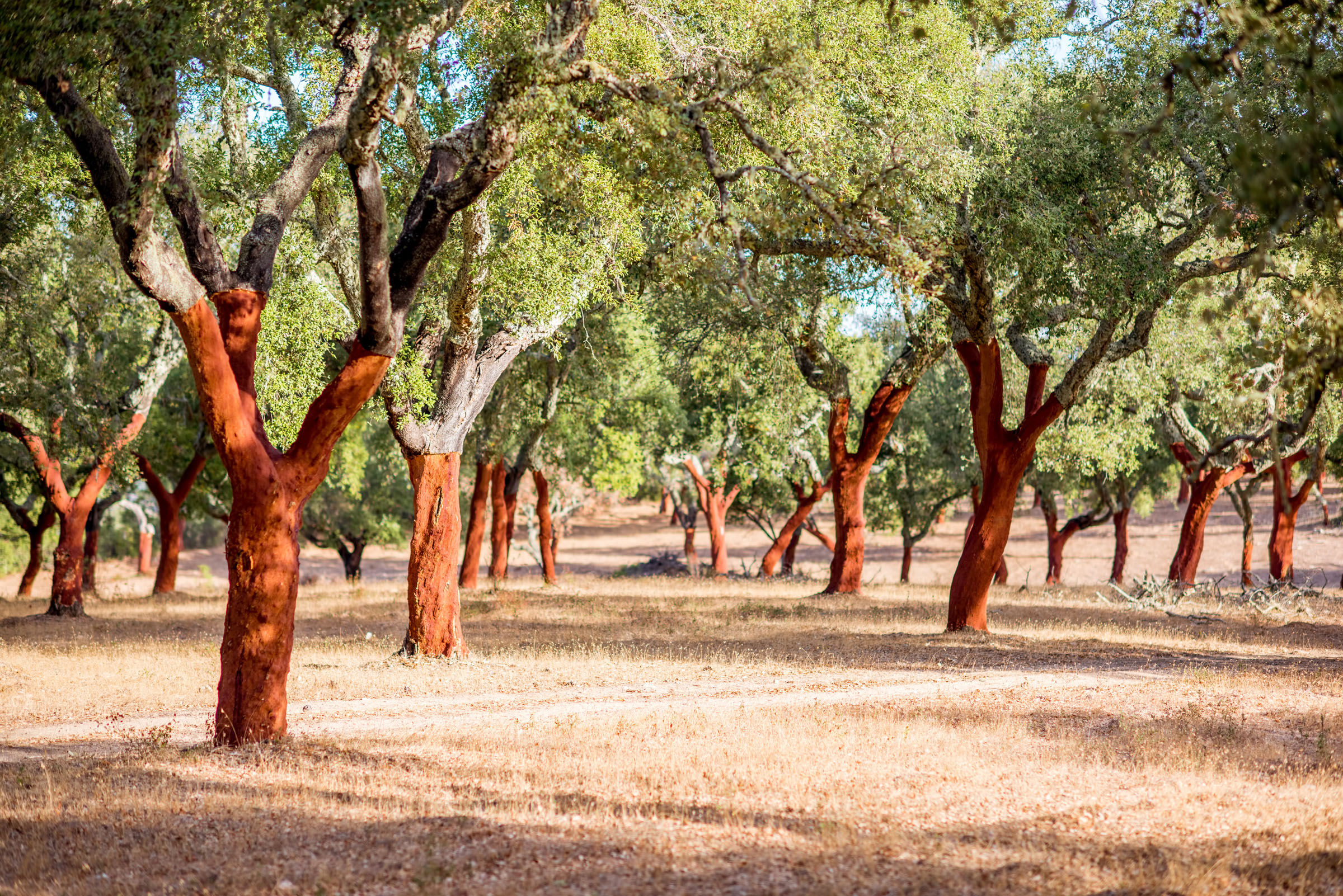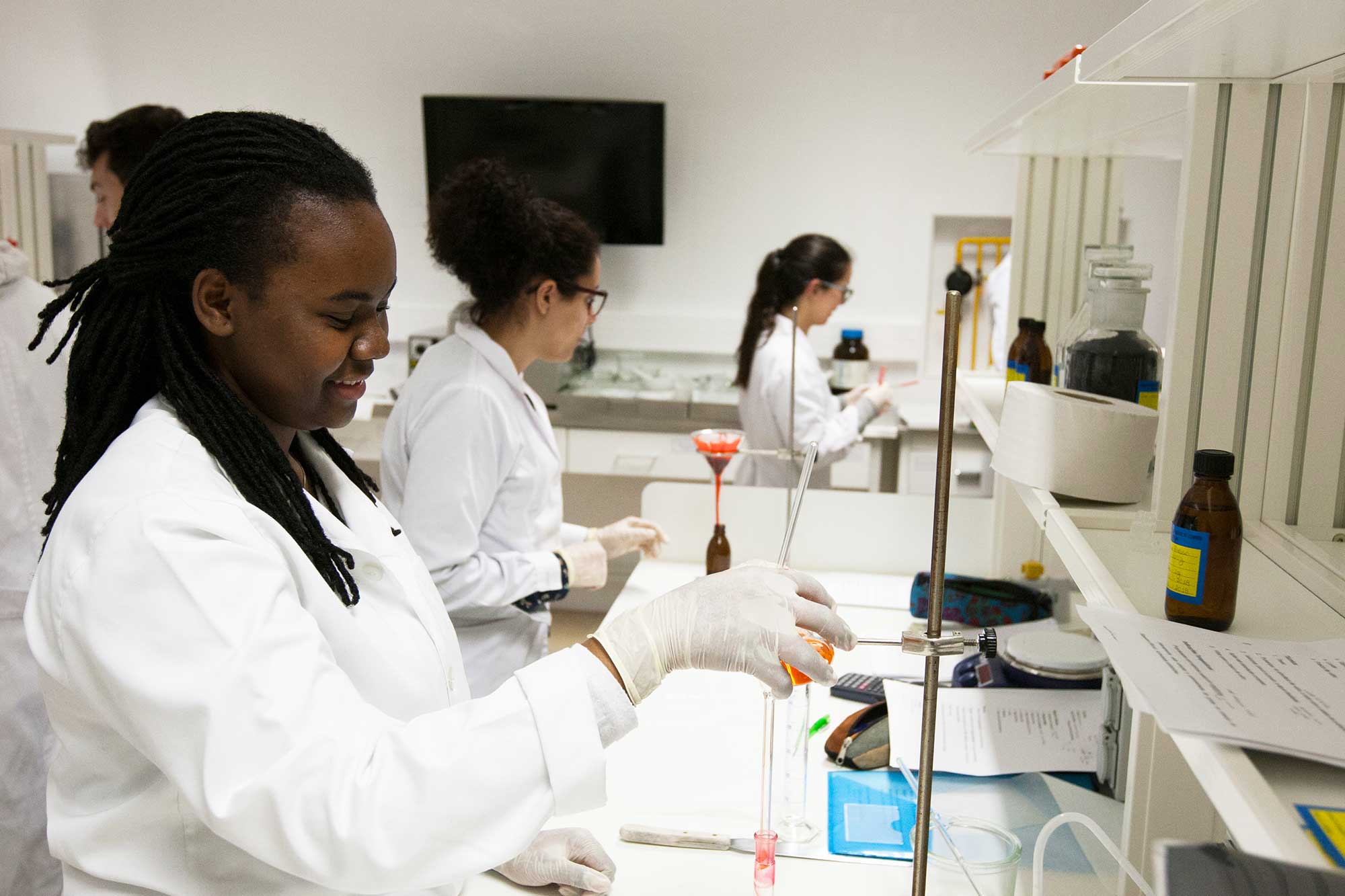The report identifies the opportunities for a green and sustainable transformation in Portugal. It updates a 2018 exploration of Portugal’s agri-food, forestry, marine (algae, aquaculture and fisheries) and green chemicals sectors, as well as the food and beverage industry and the pulp, paper and wood sectors.
The growing Portugese bioeconomy already contributes nearly EUR 20 billion to the national economy and the BIC report identifies new opportunities to accelerate green economic growth. In the European Innovation Scoreboard 2020, the country has been promoted from a moderate to a strong innovator.
“The sustainable bioeconomy plays an increasingly crucial role in Portuguese and European society. Now is the time to realise its benefits and identify the best opportunities and solutions to support companies in creating more sustainable products and services,” said João Pedro Matos Fernandes, Portugal’s Minister of Environment and Climate Action, on the release of the report.
Strengths
Mainland Portugal has a range of climates and ecosystems, from forested mountains in the north to arid plains in the south, and from the Atlantic coast to a mountainous interior and the two island regions of the Azores and Madeira.
Despite the small size of the mainland, the economic zone is very large. It covers a significant part of the Central North Atlantic. Portugal has even petitioned the UN to extend its continental shelf to a total of 3.8 million square kilometres. It is therefore no coincidence that the marine industry is one of the driving forces behind the Portuguese economy, alongside the agri-food, forestry and chemical industries.
Biological feedstocks are abundantly available, both from primary production (agricultural, forestry and marine) and from organic waste and residue streams. The use of waste streams as potential feedstock is expected to increase in the coming years as landfill is phased out.
Biotechnology
In recent years, Portugal has established itself as a growing force in biotechnology, thanks to the presence of several national and international players and a healthy ecosystem for start-ups. There is strong support for start-ups and spin-offs from universities. Industry, universities and research centres invest and create new products together. There is also a network of technology parks and incubators, often in or near universities. Furthermore, industries and academia have a strong interest in participating in European biobased projects, such as the MULTI-STR3AM project (2020-2024). This demonstration project is led from Portugal and receives EUR 6.6 million of finance by the BBI JU.
National strategy
Portugal is currently working on a National Strategy for the Bioeconomy, which will support local, regional and national biobased activities. While the Smart Specialisation Strategy does not give explicit priority to the bioeconomy, several themes are linked to it, such as ‘Raw materials and materials’, ‘Industries and production technologies’ (including green chemistry), ‘Natural resources and environment’ and ‘Health and well-being’.
Future
BIC representatives have engaged with a number of key actors, including the Ministry of Environment and Climate Action in each of the primary sectors to discuss the country report, request more recent data and offer assistance in establishing cross-sectoral cooperation. Algae 4 Future (A4F) and Biotrend, both active BIC members, contributed significantly to the collection and review of data used in the updated report.
As part of its Strategic Outreach Programme, BIC will continue to engage with local industry, academia and governmental institutions, to mobilise the bioeconomy.
BIC will also publish additional country reports for Poland and Romania.
All BIC country reports, including the new report on Portugal, can be consulted on the BIC website.
This article was written in cooperation with the Bio-based Industries Consortium (BIC).
Image above: Julian Gazzard/Shutterstock

